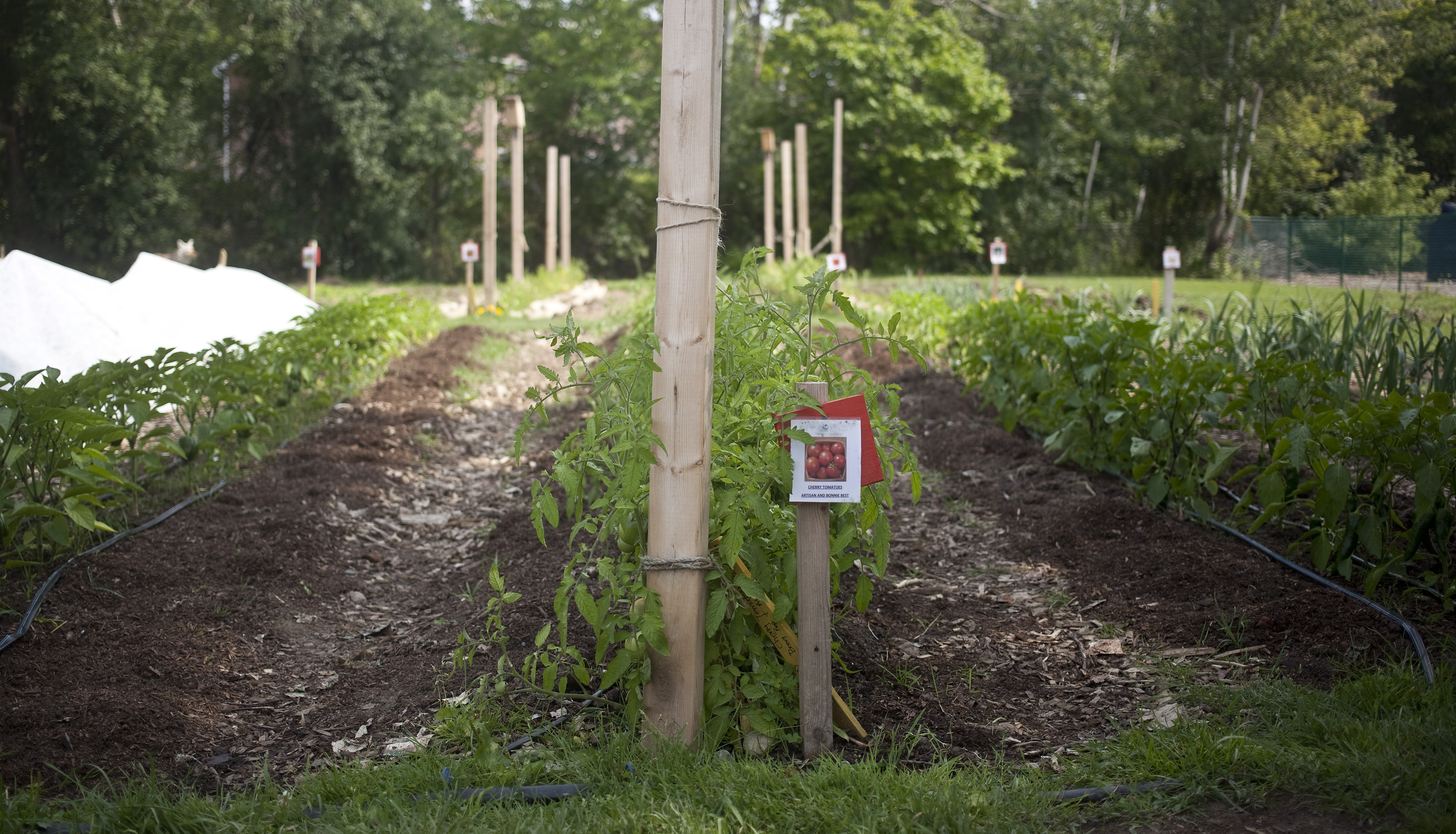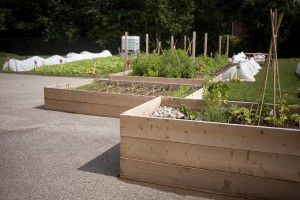Project SOIL gives purpose to unused land


Shared Opportunities on Institutional Lands, also known as Project SOIL, is a study that explores on-campus production of food at public and educational institutions.
Created in 2013 by Philip Mount, a postdoctoral fellow in the department of geography and environmental studies at Wilfrid Laurier University, the goal of Project SOIL is to provide on-site food production for public institutions, which can have various benefits to members of the institution and community.
According to Mount, the idea of the project came from three factors: the demand for public institutions to put local, organic foods on their menus, the difficulty for these institutions to grow on unused land with little time or money and a need to give young farmers a start at the practice.
“There are many people in this province, new and young farmers, who have training on how to grow local food at this scale but don’t have land to grow it on,” said Mount. “So the intent of this project was to put the institutions who have land together with young farmers who don’t have land, but could easily grow the food that the institutions need.”
Mount said the first step of the project was to create case studies of other existing projects to help the people involved in Project SOIL and to give other examples of food projects across the province. Included in the study was McGill University’s Macdonald Campus Farm, which supplies food to services on campus.
Another pilot from the project, Young City Growers, started a community garden on the Laurier campus.

According to Mount, the group has linked up with KW Habilitation, an organization that provides services to individuals with developmental disabilities, and is growing plants on their University Avenue site.
Currently, Project SOIL is working on four pilot projects that began at the beginning of August. In Alexandria, Ont., they are planning to use Small Plot Intensive farming to grow micro-greens that can result in higher profits.
According to Mount, the Alexandria rehabilitation hospital is interested in the therapeutic benefits of growing gardens on-site as a way to reduce recovery time for patients.
“As soon as we started these pilots, we quickly realized that many of our partners were interested in this for a different reason and that was potential therapeutic benefits, so in healthcare that would be for patients or staff, and we even have private companies in staff that are interested in therapeutic benefits,” Mount explained.
Project SOIL is also working on pilots in Glengarry and Thunder Bay, where they’re planning on expanding and hoping to build a greenhouse.
“The other group of people that we’re looking to help is anyone who might be interested in doing this in the future. There are a number that are very interested in doing this now, so the next phase of the project is going to be doing feasibility studies at a handful of these interested institutions in Ontario, whether they are universities, colleges, hospitals [or] long-term care facilities.”
The project is looking to get half a dozen committed institutions to conduct these feasibility studies, which will gauge the potential for starting a project like Project SOIL on-site.


